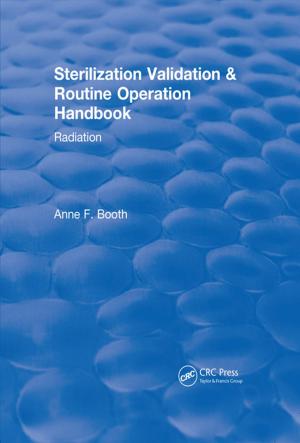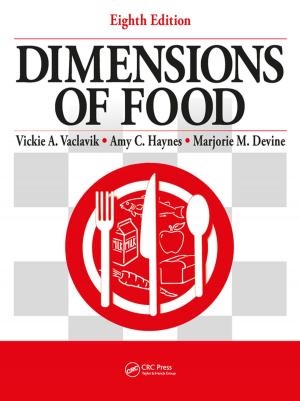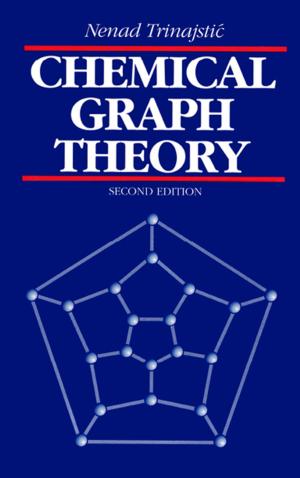Zinc Clinical and Biochemical Significance
Nonfiction, Health & Well Being, Medical, Patient Care, Nutrition, Science & Nature, Science, Biological Sciences| Author: | Stephen C. Cunnane | ISBN: | 9781351094719 |
| Publisher: | CRC Press | Publication: | January 10, 2018 |
| Imprint: | CRC Press | Language: | English |
| Author: | Stephen C. Cunnane |
| ISBN: | 9781351094719 |
| Publisher: | CRC Press |
| Publication: | January 10, 2018 |
| Imprint: | CRC Press |
| Language: | English |
In keeping with the etiology theme, it also became apparent that the clinical aspects needed to be strictly separated from the animal aspects of zinc metabolism, a separation that has never previously been attempted. Although this division, like the separation of primary from secondary zinc depletion, may be somewhat arbitrary, it is the author‘s impression that current knowledge of the truly clinical aspects of zinc metabolism is too often confused with its effects in animals. The two will frequently be similar, but not always. In this book, therefore, animal studies are considered in part 2 (Biochemistry. Only a handful of references to animal studies has been included in part 1 (Clinical). The purpose of this separation is to clearly distinguish animal from human, experimental from clinical. Too many of the animal studies have involved severe and prolonged zinc deficiency or other exaggerated nutritional conditions that cannot be realistically applied in the clinical setting. Furthermore, animal studies are mainly or primary (dietary) zinc depletion, whereas in humans, secondary zinc depletion is more prevalent and has a more diverse etiology.
In keeping with the etiology theme, it also became apparent that the clinical aspects needed to be strictly separated from the animal aspects of zinc metabolism, a separation that has never previously been attempted. Although this division, like the separation of primary from secondary zinc depletion, may be somewhat arbitrary, it is the author‘s impression that current knowledge of the truly clinical aspects of zinc metabolism is too often confused with its effects in animals. The two will frequently be similar, but not always. In this book, therefore, animal studies are considered in part 2 (Biochemistry. Only a handful of references to animal studies has been included in part 1 (Clinical). The purpose of this separation is to clearly distinguish animal from human, experimental from clinical. Too many of the animal studies have involved severe and prolonged zinc deficiency or other exaggerated nutritional conditions that cannot be realistically applied in the clinical setting. Furthermore, animal studies are mainly or primary (dietary) zinc depletion, whereas in humans, secondary zinc depletion is more prevalent and has a more diverse etiology.















